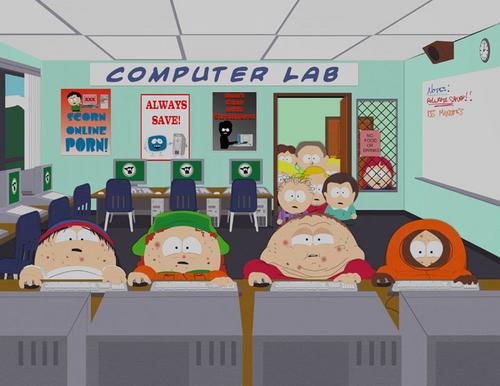In Hemphill’s article “Cybersport” he argues that video games should be considered a “sport” because they imitate the physical and mental characteristics of athletic sports. Dr. Dennis Hemphill is a Lecturer at the School of Human Movement at Victoria University in Melbourne Australia. I disagree with Hemphill’s claim that video games should be considered sports, because video games lack the face-to-face interaction sports provide.
According to random questioning, video games are defined as solely entertainment on a TV screen. The formal definition is electronically manipulating images produced by a computer program on a display screen. The first video game Tennis for Two”was invented solely for entertainment as well as every video game following to this day. From the Atari to the first Play Station, video games were created solely for entertainment in one’s home. Then, as the technology advanced the modern world, the gaming community followed. In the early millennium, technology spawned the invention of international gaming networks. A boy from Mississippi can now be on the same team with a boy from Japan in the widely popular Xbox game, Call of Duty. Gamers next wanted physical activity to be involved in their games. The Nintendo Corporation invented the Wii. The Wii is a revolutionary gaming system that involves the mimicry of athletic sports. Although the video gaming industry has taken a shift to more active and competitive games (as shown below at a Halo competition), this does not mean video games will be on ESPN any time soon as a sport.
What does Hemphill actually define as a sport? He defines a sport as being mentally stimulating, including a goal, focus, and risk. He claims that video games, under certain circumstances, can involve these characteristics. Thus, causing games to be under the same definition of a sport. According to Webster’s Dictionary, a sport is defined as an activity involving physical exertion and skill in which an individual or team competes. There is an emphasis on the word “exertion” because it is defined as “the use of physical or perceived energy with the strenuous or costly effort related to physical work”. Some characteristics sports include are as followed: accuracy, courage, strength, power, training, speed, risk, tradition, etc... Every competitive sport contains an athlete. An athlete is one who trains and prepares for a certain sport against another athlete. Does Hemphill not realize that “gamers” are mainly sitting alone in their rooms fantasizing about Lara Croft in the game Tomb Raider, having no human interaction? It’s just not healthy for human development especially for a child. Below is the sad spawn of gaming. Gaming can cause social awkwardness and as Moody points out, loneliness.
Hemphill claims that video games contain the same characteristics of competitive sports. How can this be true when you are sitting on your couch with a controller in hand and chips by your side? Hemphill adds the argument in his article made by Heim, that “computers migrate spirit from the body into a world of representation.” He also admits that video games can lead to childhood obesity. Video games can affect families. Not everyone’s parents want to sit and cheer for their son to kill hookers on Grand Theft Auto. Competitive sports bring families together in ways such as: the thanksgiving family football game, the local professional sporting team, passing down the love of a certain team to generations to come. Sports bring unity socially to all types of people. Sports do not lock you in a bedroom in front of the TV hidden from the world. As Eric J. Moody points out in his article “Internet Use and It’s Relationship to Loneliness”, technology lacks the human interaction which can cripple one’s social behavior.
In “Internet Use and It’s Relationship to Loneliness”, Moody points out that the non-physical interaction between friends or significant others can actually cause loneliness. Using technology as the only connector to others can cause you to miss that lacking physical feeling. When gamers are confined to their rooms, even though they may be talking with their friends and playing against them, they still lack that face-to-face contact. This could cause them to develop social problems and become lonely. Sports contain face-to-face contact and that social, emotional feeling that gaming cannot provide.
Ultimately, Hemphill fails to think about the negative effects video games can have on people who take gaming to the extreme. By locking themselves in their room and avoiding human contact. Hemphill is not wrong about the fact that video games DO contain some characteristics as sports, but it does not technically make them a sport. The differences between sports and games is evident. Sports contain the national traditions and adrenaline rushes that games can never imitate. Today’s technology created many amazing games that mimic sports and virtual reality as closely as possible. Moody points out that despite the new technologies that cause us to see face-to-face (over the internet) still can cause us to grow lonely and miss that human interaction. Games aren’t evil. Everyone enjoys them (I’m a Super Mario Bros girl myself), however they should not be considered sports or substitute for them. It’s not bad to play, but do not allow yourself to grow lonely or grotesque like Moody warns and as shown below.




No comments:
Post a Comment